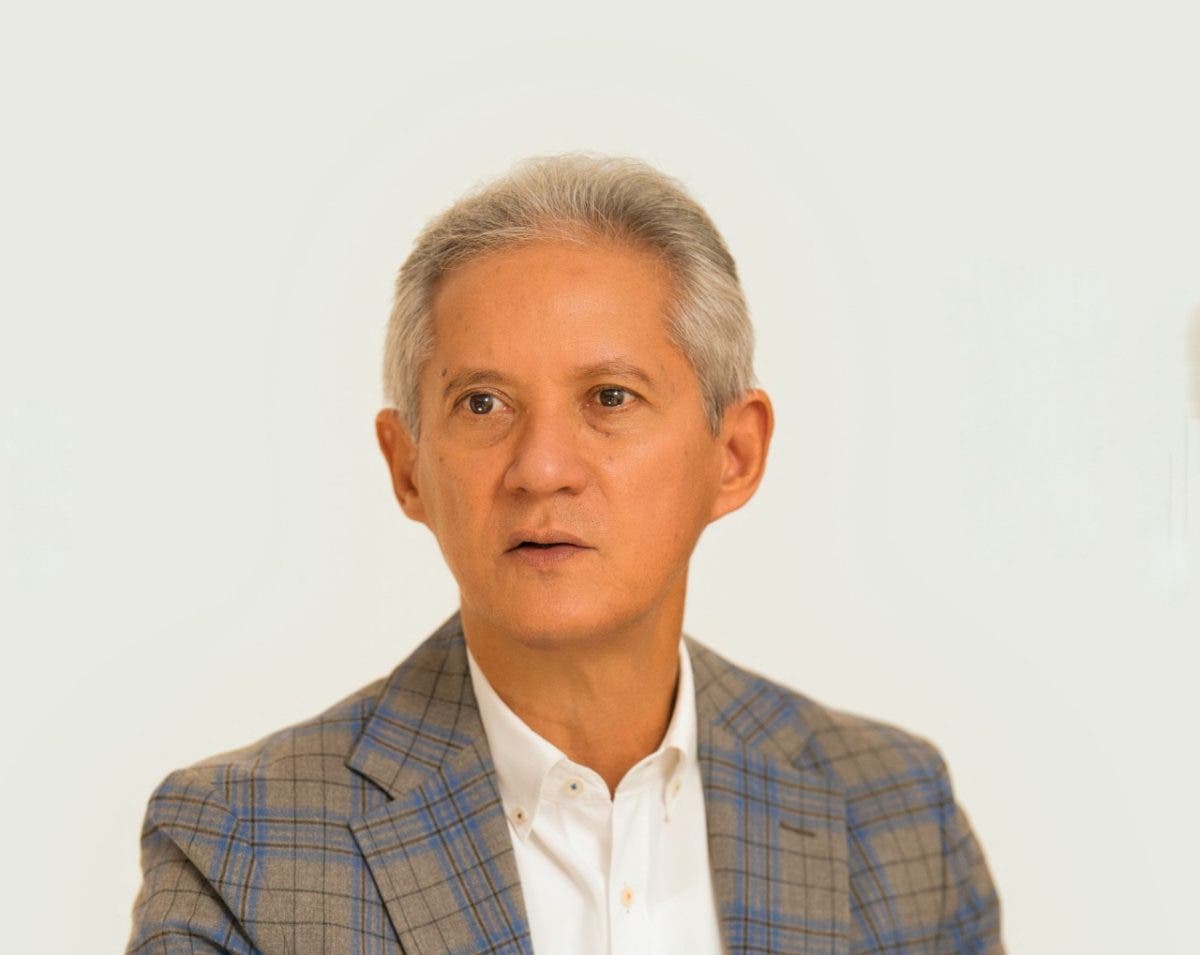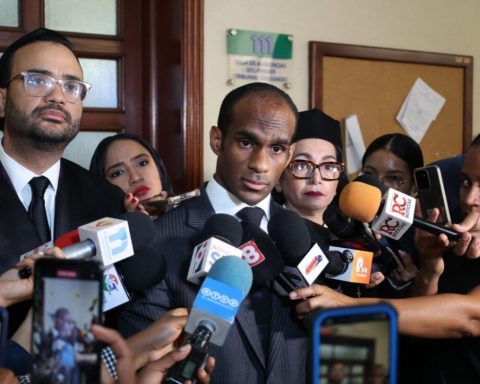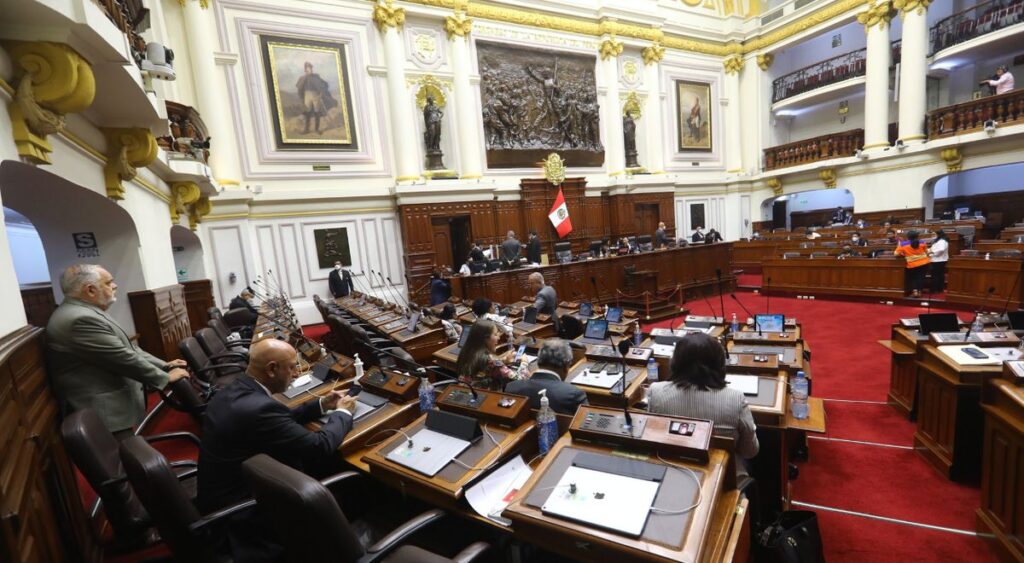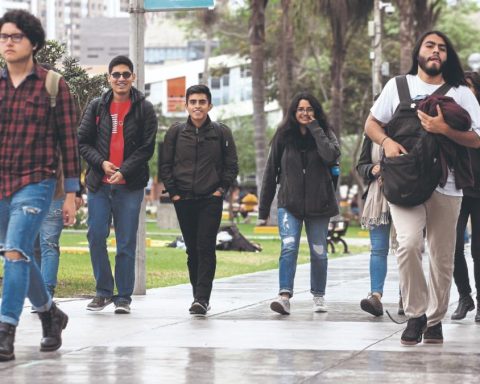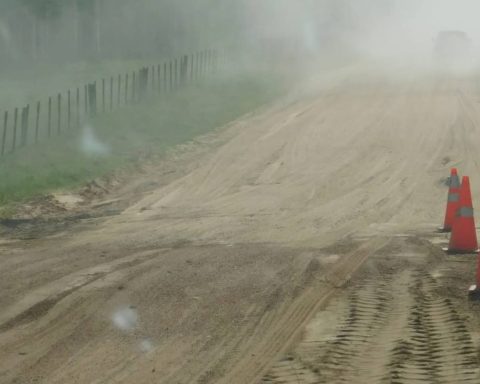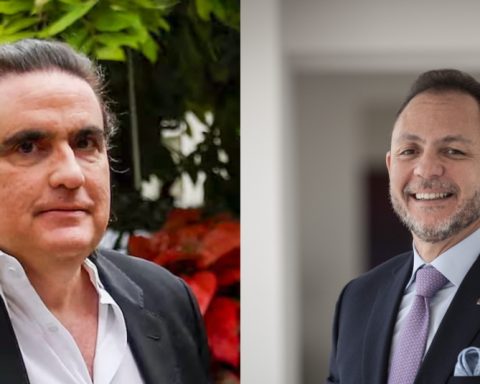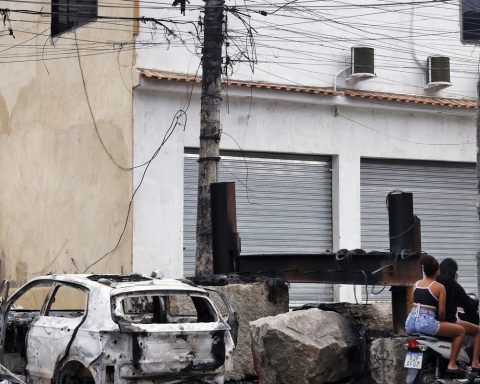The Economist Haivanjoe Ng Cortinas considered this inopportune Thursday the intention of the Dominican Government to collect taxes from the nascent sector of the Air Bed and Breakfest (Airbnb) (air, bed and breakfast, translated into Spanish).
He affirms that the importunate official announcement takes place because currently the World economy and local moves within the framework of uncertainty.
“It is counterproductive that at a time when inflation, volatility in the capital markets, the depreciation of the euro, the fall of the economy in the main nations and the food crisis in some countries and others on the verge of suffering it, the government of the Dominican Republic is thinking of taxing the Airbnb”criticizes the economics professional.
You may be interested in: Bishop condemns dishonest practice of those who seek to evade payment of taxes
NG Cortiñas maintains that the Dominicans who have ventured into the nascent sector of airbnb they have it as a marginal activity, which complements their monetary income, in a situation in which inflation has taken away its real value and it is not a typical economic unit, at least for the time being.
In addition to the inopportune, the economist recalled that the formal tourism sector enjoys legal incentives that exempt it from paying taxes, which has allowed it to develop, so Airbnb must be seen within the scope of the laws that promote tourism. .
He stressed that Airbnb in the current world situation is not a competition for the tourism industry, that industry is established and operates with complex, robust and profitable international logistics.
He recalled that the Dominican legal framework favors the tourism sector, with laws such as number 158-01, which establishes the Law for the Promotion of Tourism Development for low-development poles and new poles in provinces and localities with great potential.
The economist Haivanjoe NG Cortiñas finally made a call not to continue with the intention of charging taxes to Airbnb, given that the General Directorate of Internal Taxes (DGII) reported that in the first half of 2022 it has collected 25 billion pesos more than it projected for this year, so the government does not need to tax a sector that is barely in its nascent stage.
